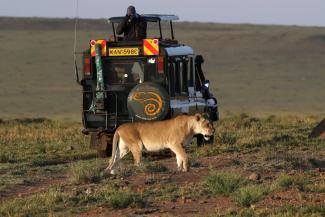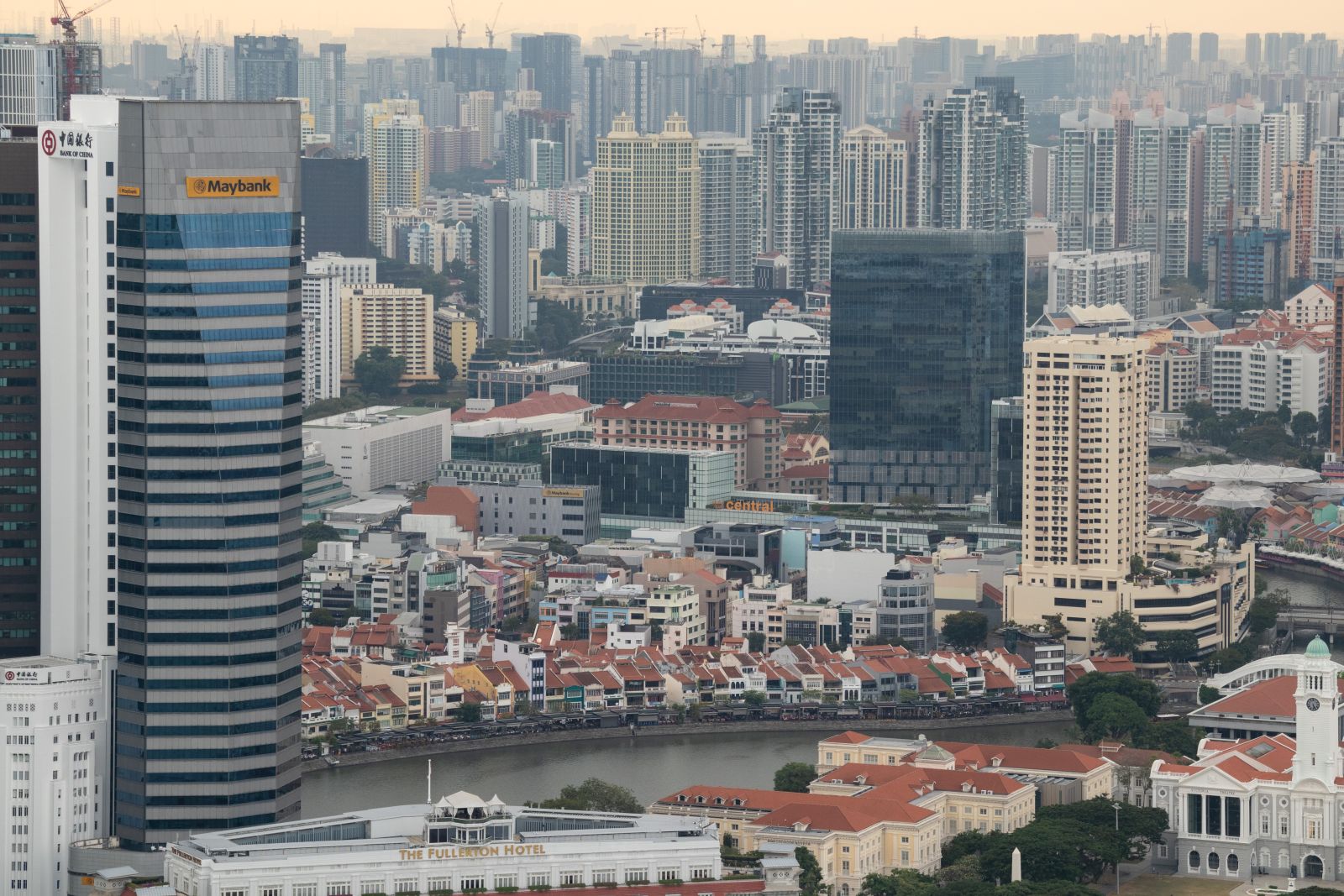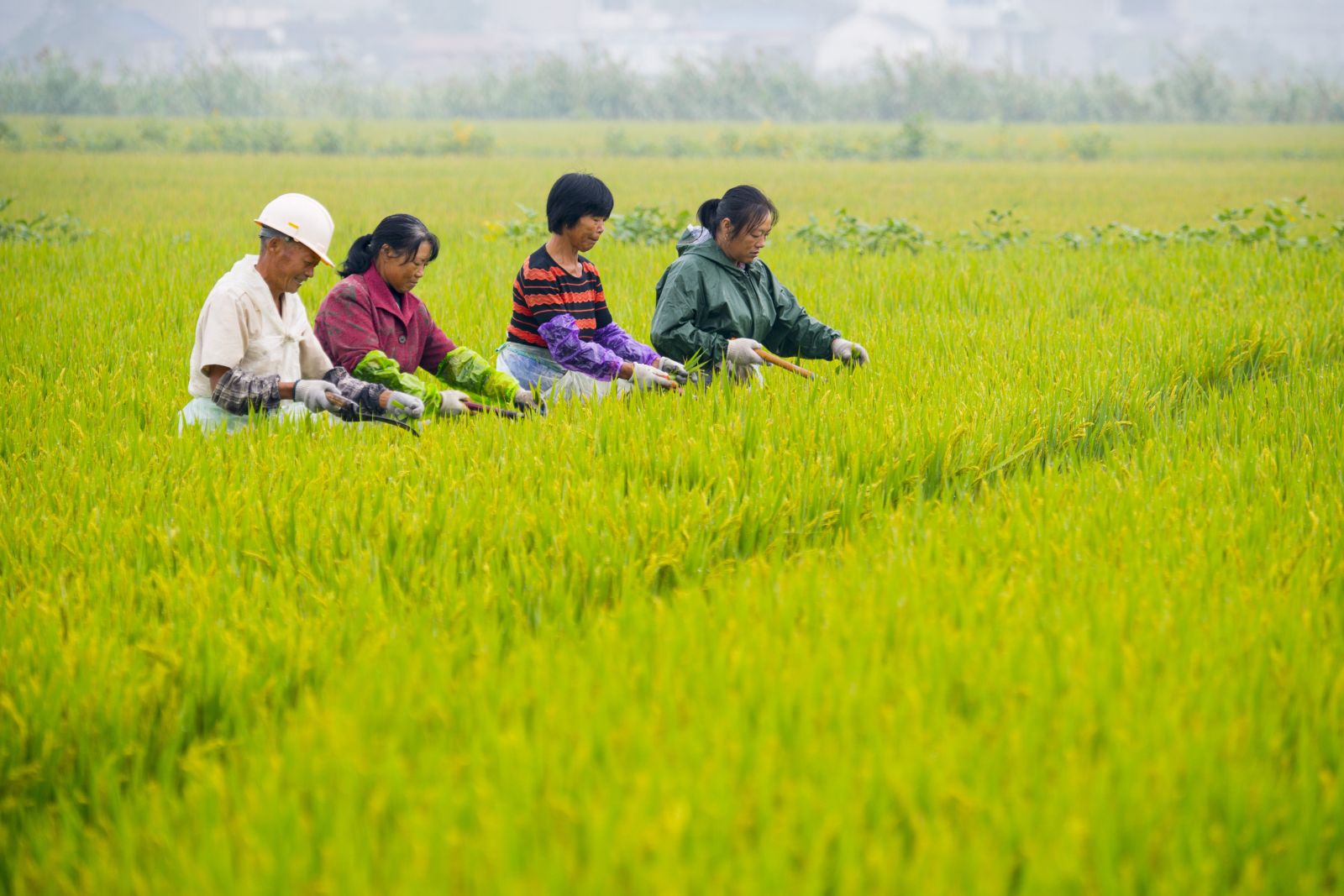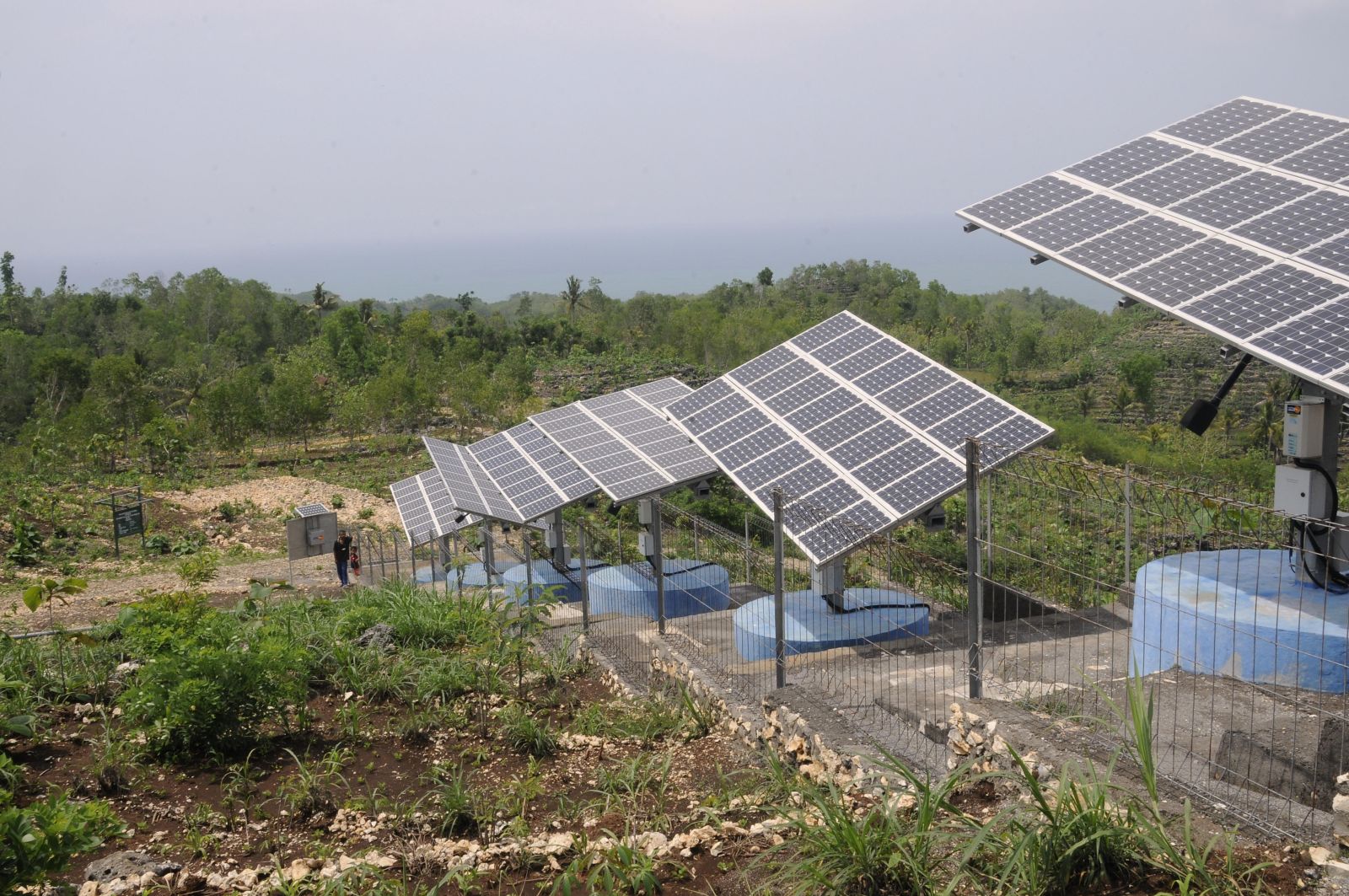African perspectives
Triple challenge

Compared with other continents, Africa so far has only low rates of people infected with the novel coronavirus. That is partly attributable to low testing capabilities and the continent’s comparatively little connectivity with pandemic epicenters in Asia, Europe and the USA. Africa’s political leadership must rise to the triple challenge of:
- running poorly-equipped public health systems,
- managing the region’s economies that are characterised by informal businesses and export orientation and
- the emerging bi-polar international order marked by the growing rivalry between China and the USA.
African health-care systems are ill-equipped. There is a lack of professional staff, testing kits and hospital equipment. On the upside, Africa has the experience of containing HIV-AIDS and Ebola. Heeding those lessons will help to manage Covid-19.
The continent’s people are good at developing coping mechanisms. As medical masks are expensive – and all too often not available at all, Africans are using textile masks. African countries are manufacturing items such as face masks and hand sanitizers. Indigenous digital platforms are offering avenues for education, health and commerce, albeit limited. Senegal has led the way in creating testing kits.
It is a challenge, however, that most people view the pandemic as an upper-class problem that neither concerns poor people nor rural areas. Government officials must now run good awareness-raising campaigns.
It would be good, moreover, if the continent agreed upon standards of managing the pandemic. Disagreement has led to occasional diplomatic tensions. For example, the movement of trucks with transit goods was disrupted at East African border crossings. Medically motivated action thus further compounded the economic crisis.
Most African countries have avoided total lockdowns. The reasons were that:
- their social-protection systems are weak,
- their economies are largely informal and
- that they wanted to prevent possible social unrest.
To contain the spread of Covid-19, Africa mostly resorted to partial lock downs, night curfews and social distancing. These measures, nonetheless, wiped out close to 80 % of urban based temporary jobs in the service sector. The “work from home” and “work digitally” mantras make no sense in informal industries that require workers’ physical presence.
To some extent, the service sector is adapting however. “Wash women”, who perform house cleaning chores, now sit at road junctions in Nairobi’s residential areas, marketing their services to middle-class people who are working from home. Logistics and delivery services are facilitating online shopping. Home deliveries and private-sector services for people in distress are becoming common. Agricultural produce is still being brought to the cities.
On the other hand, travel restrictions have hurt the tourism sector. Reliance on imports has equally proven problematic. The obvious lesson is that domestic solutions are needed.
This is all the more so as the Covid-19 pandemic is accelerating a new bi-polar logic where African governments must navigate intensifying China-US rivalry. Africans are aware of racism in both superpowers. The content’s debt burden is a serious problem – and it is set to get worse as Covid-19 is projected to reduce African fiscal revenues by 30 % this year. China is now Africa’s top creditor, but the USA controls much of the international financial system and is always reluctant on matters of debt relief. The interest of both the US and China to control technology spheres such as 5G mobile-phone networks is likely to impact negatively the continent’s embrace of digital platforms.
In the current setting, Africa’s political systems that have long nurtured corruption and deindustrialisation look ever more dysfunctional. Governments that hoped to get donor support now find traditional donor countries in distress as well. To rise to the triple Covid-19 challenge, African countries must activate internal capabilities. Public policy can now rely even less on external support than before the pandemic.
James Shikwati is the founder-director of the Inter Region Economic Network (IREN Kenya).
james@irenkenya.com
Twitter: @shikwatiJames
Inter Region Economic Network (IREN Kenya): https://irenkenya.com/















